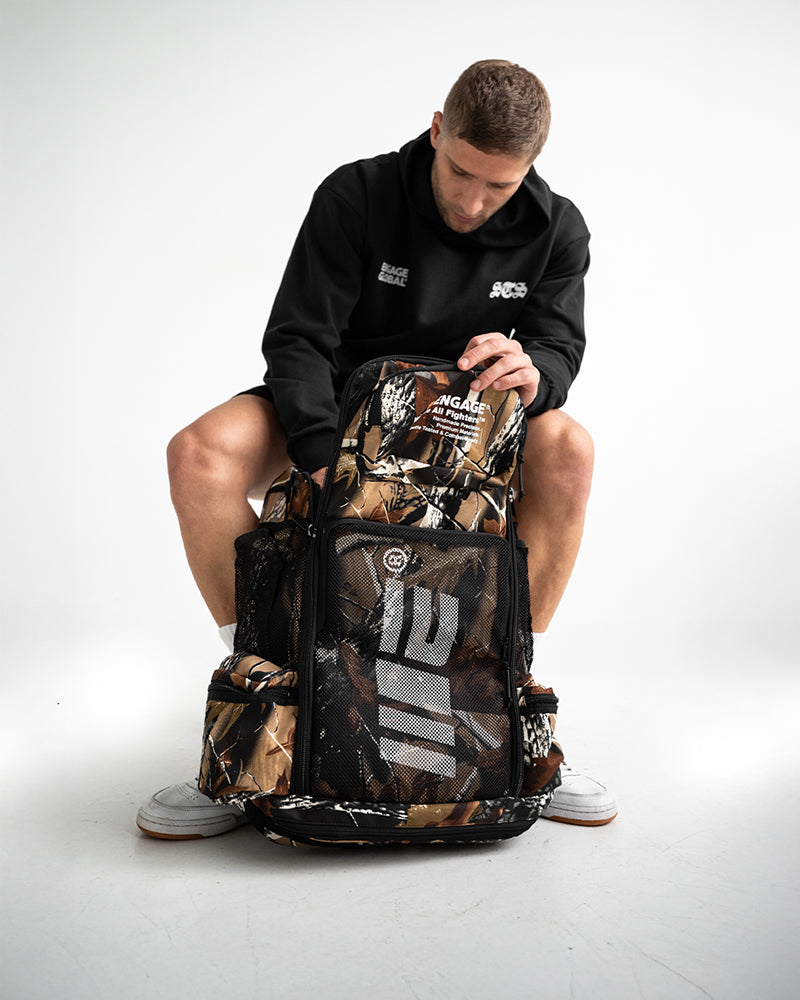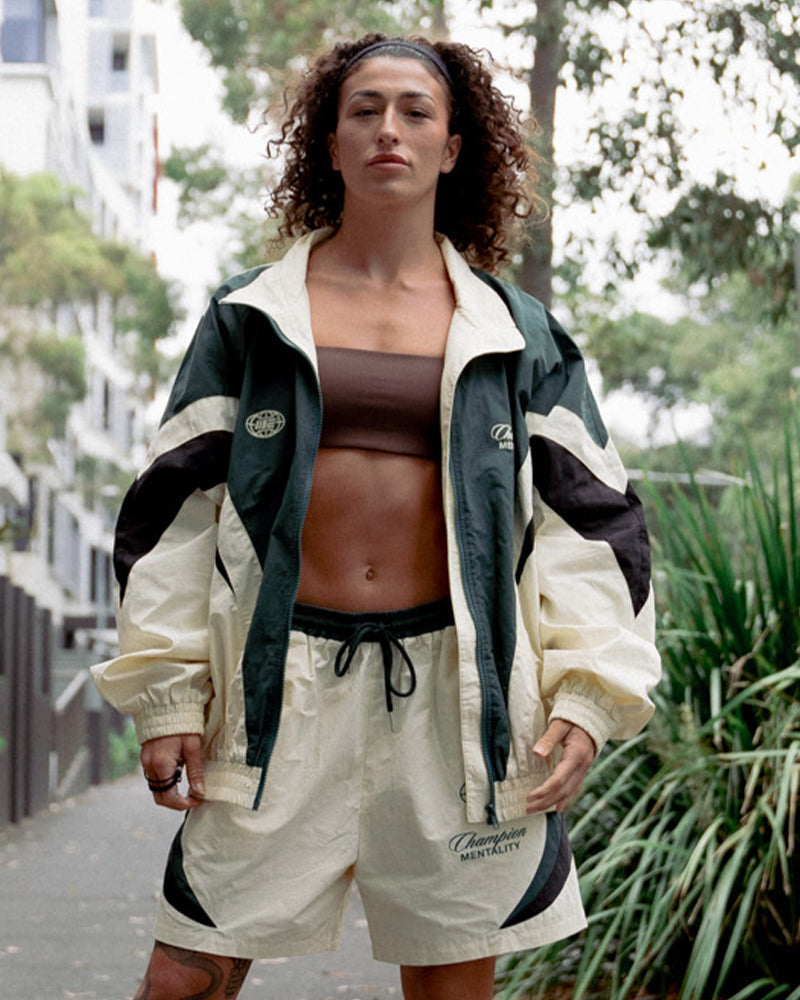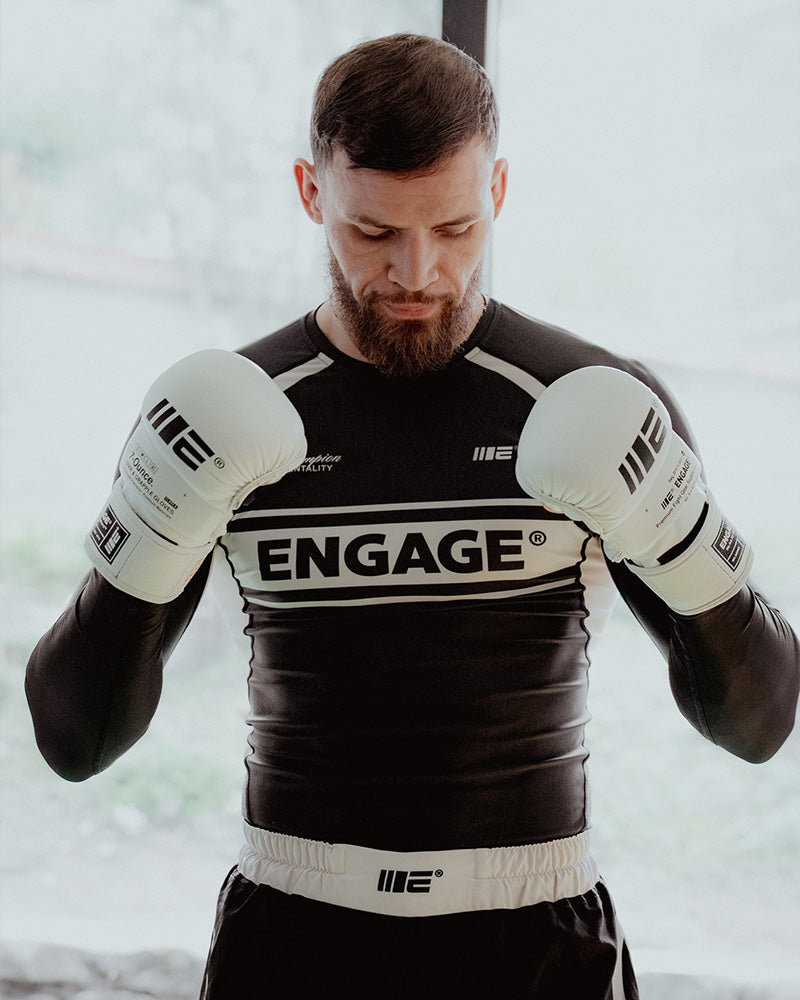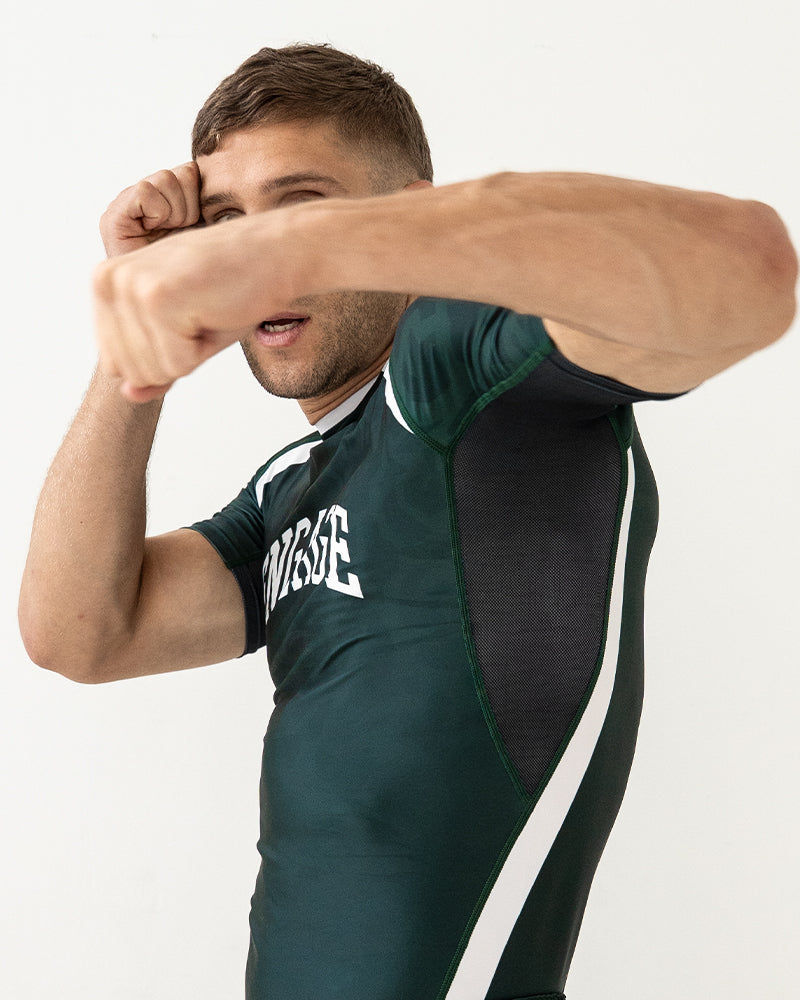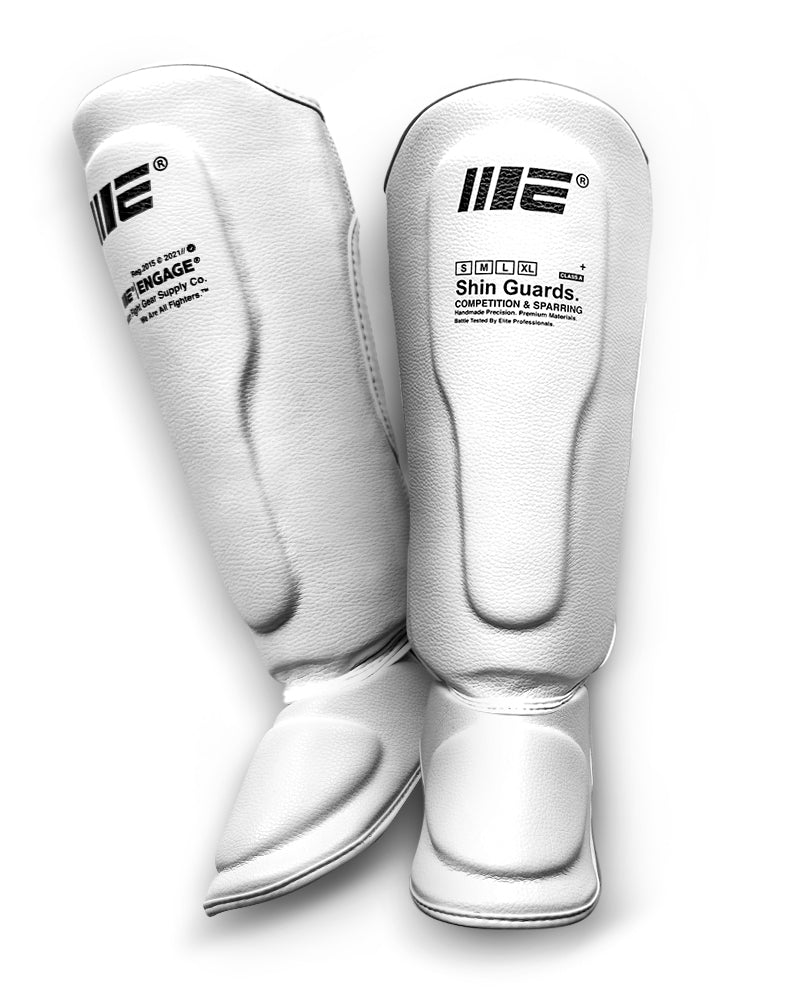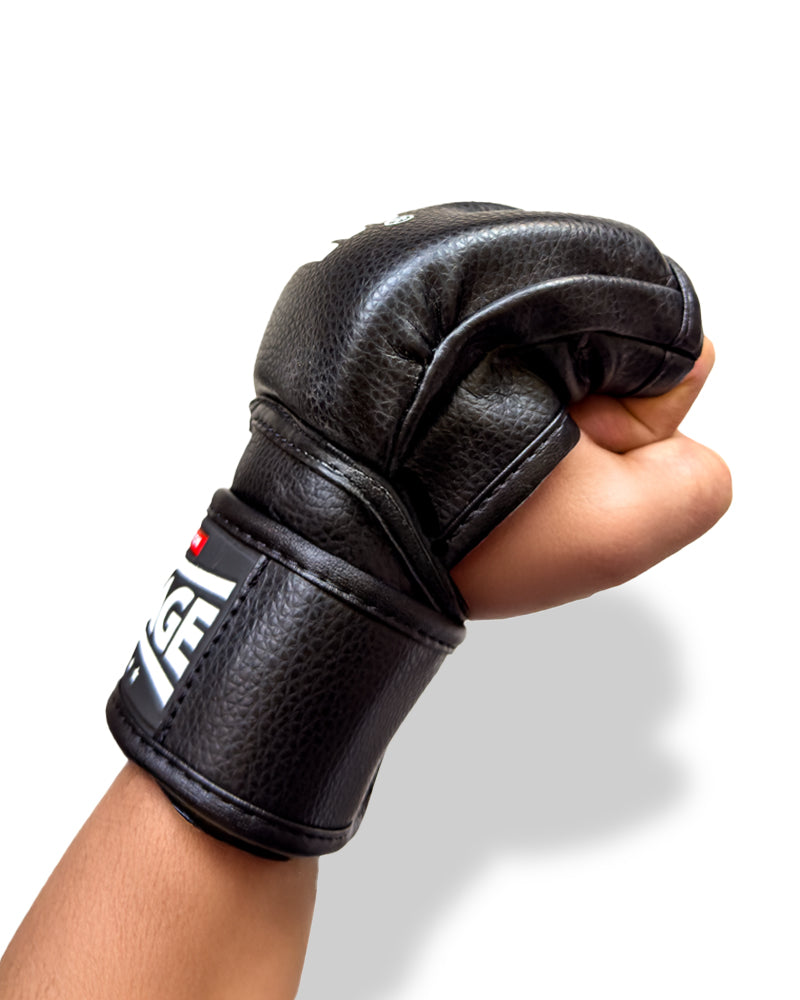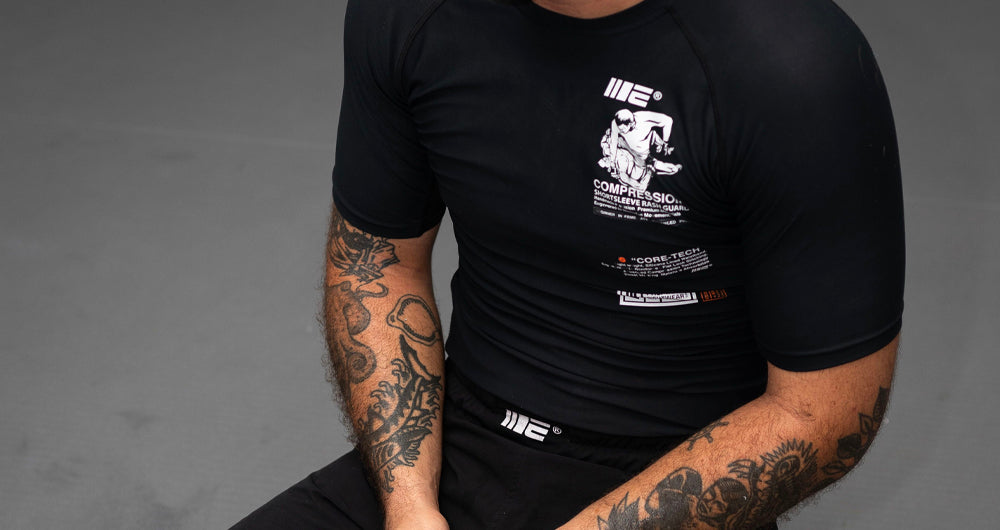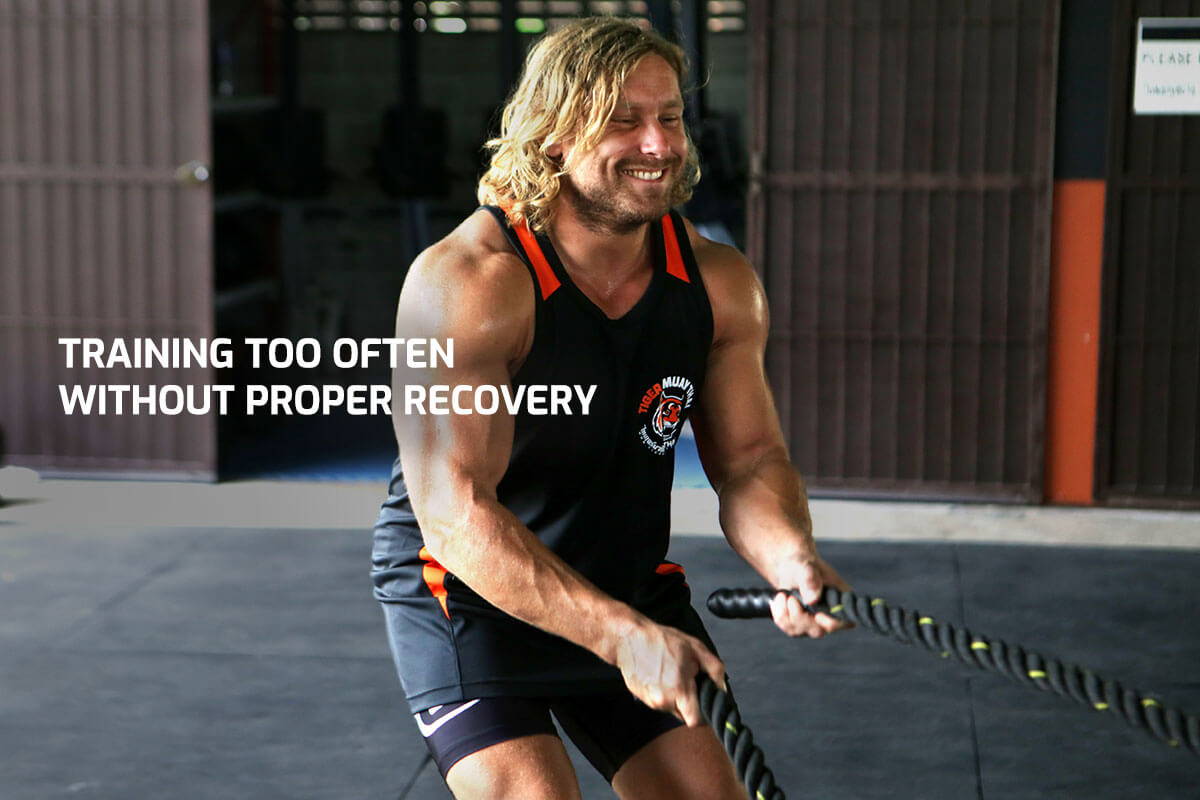Training too often without proper recovery is a common error I’ve seen time and time again in Combat Athletes.
MMA and Combat Sports in general are some of the toughest sports on the planet. Hands down the athletes are as well rounded as they come, however, the problem with MMA in particular is you have so many disciplines to learn/keep fresh in your mind that you could literally fill your day with training, learning and acquiring new skills, and on top of that keeping your body in optimal condition is also a must.
I get it – I get where these athletes are coming from and I think most of us that have been in or around a professional training environment would understand the pressures and the drive to get better that these guys and girls have. That being said, I’ve seen top level amateurs who are having to work all day and maybe only will be able fit in training at night be in better shape or not get as tired as some of the professionals – the reason being is the amateurs only have those select hours at night or in the morning to train whereas as soon as athletes turn professional they seem to think that training hard 4-5 times per day is now what they must do. Not so – they are not giving themselves a chance to recover, therefore they are just beating their bodies down further session to session.
“… but Woody I’m a professional, this is my job to train” – I’ve heard this from countless top level guys when myself and other head coaches set out a plan which they think isn’t enough training. Correct – you are a professional and it is your job to train but it is also your job to recover, eat right and be smart with your training. When you are away from the gym is when the magic happens – if you have done all your recovery correctly you are going to feel great going into the next day’s training.
The way I described it to one of my guys was by asking a simple question every time he trained – “How do you feel, no bullshit, how do you feel from 1-10?”.
The replies varied but usually were around a 5/6 (a number I knew he was placing higher because I had sent him home from training for being too tired before, and sometimes he would sleep in and miss our training). I asked him “Do you not think it will be better if we cut your training down so that when you train you are at a 7/8/9 rather than doing 4 sessions at a 5? Just give it a go.” Low and behold it worked well for him and he was getting more out of his sessions and improving every time rather than training under a constant state of fatigue mentally and physically.
I now try and get whoever I train to use a HRV (heart rate variability) app – this can serve as a good guideline for what state of readiness their body is in every day.
This is our job as coaches to educate our athletes. We have to remember that a lot of these guys, especially athletes I’ve trained from America and Eastern Europe have grown up on the daily wrestling grind. That shit, from what I’ve heard, is full on; live, breath, eat wrestling, so that being said it’s our job to re-educate them into what is right for their bodies now. They have to realise that they are not ages 8-18 anymore and they have to train smarter not harder!



